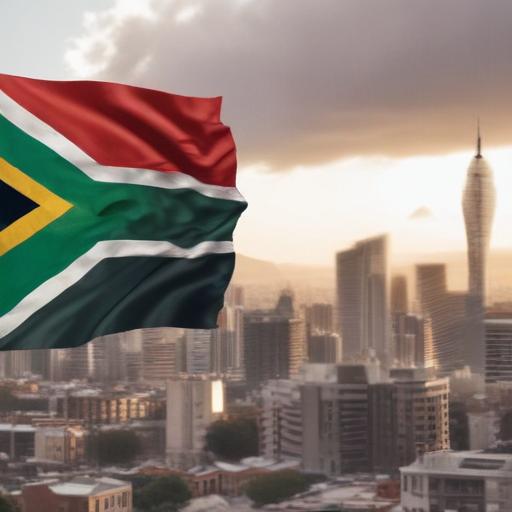South African President Cyril Ramaphosa has responded firmly to a coalition partner’s demands following the removal of Deputy Trade Minister Andrew Whitfield for taking an unauthorized trip to the United States. This action has intensified the already strained relationship within the Government of National Unity (GNU), which was formed after the inconclusive elections last year.
In a recent statement, Ramaphosa declared, “I will not yield to threats and ultimatums,” addressing the Democratic Alliance (DA), the second-largest party in the coalition. The DA has issued a warning to Ramaphosa, demanding that he rectify the situation by removing other problematic ministers or facing serious consequences.
Whitfield’s dismissal was justified by Ramaphosa, who noted that it adhered to constitutional protocols that mandate ministers must seek presidential permission for international travel. He pointed out that Whitfield’s trip violated these rules, emphasizing there had been no indication of improper motives behind the dismissal and citing historical precedents for similar removals.
Despite the increasing tensions, Ramaphosa clarified that he had communicated with DA leader John Steenhuisen about the decision to remove Whitfield and was willing to accept a replacement from the DA. This ongoing dispute reflects the underlying issues within the coalition, which have included disagreements over vital policies and significant votes, such as the national budget.
Whitfield himself expressed regret over not obtaining formal approval for his trip, suggesting that he may have misinterpreted the lack of response to his request as tacit consent. He voiced concerns that his firing could stem from deeper political motivations, and hinted at the potential unviability of the DA continuing in the GNU under these circumstances.
As the coalition faces internal strife, it is essential for Ramaphosa and the DA to find common ground to maintain stability within the government. The cooperation of diverse parties remains crucial to addressing South Africa’s challenges and fulfilling the democratic mandate from the citizens.
This situation serves as a reminder of the complexities of coalition politics, where communication and mutual respect are vital for governance. There remains a glimmer of hope that constructive dialogue between the parties can lead to greater unity and cooperation, benefiting the populace as a whole.
